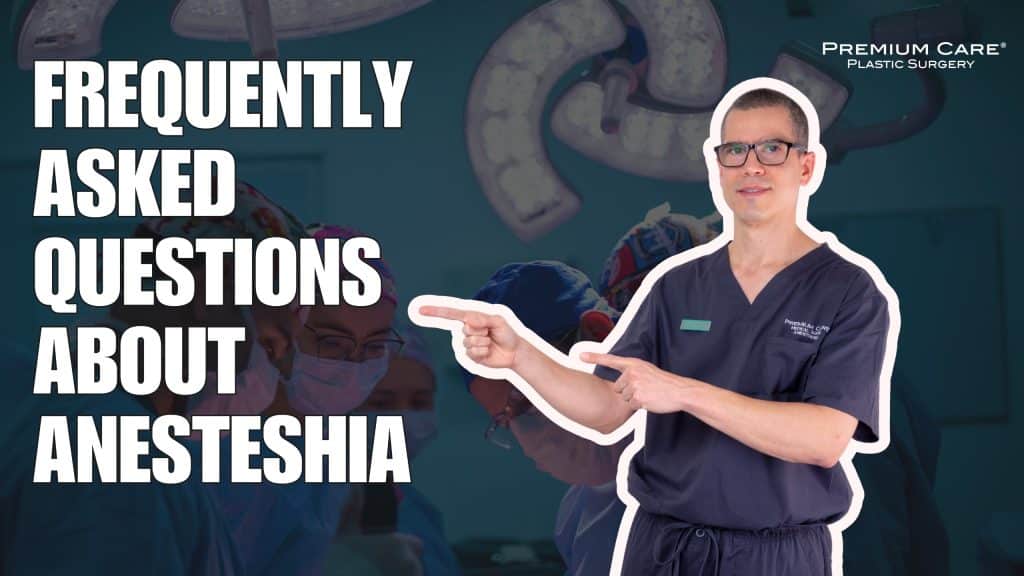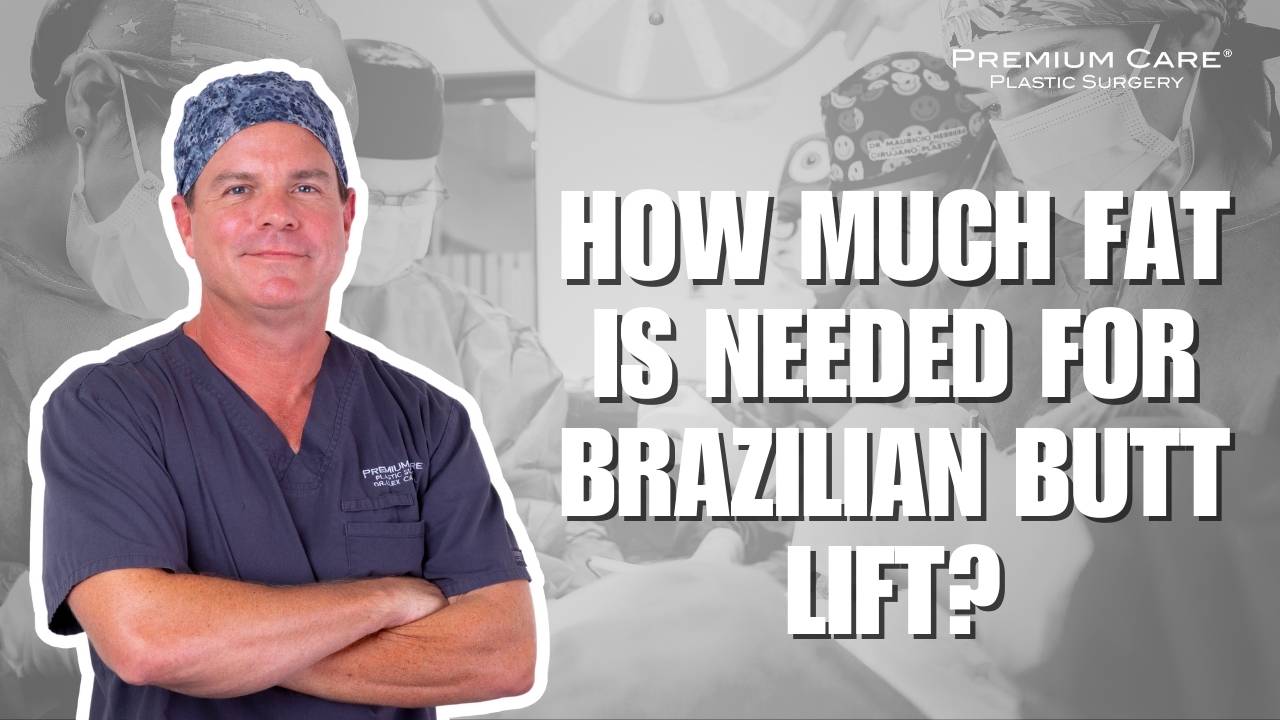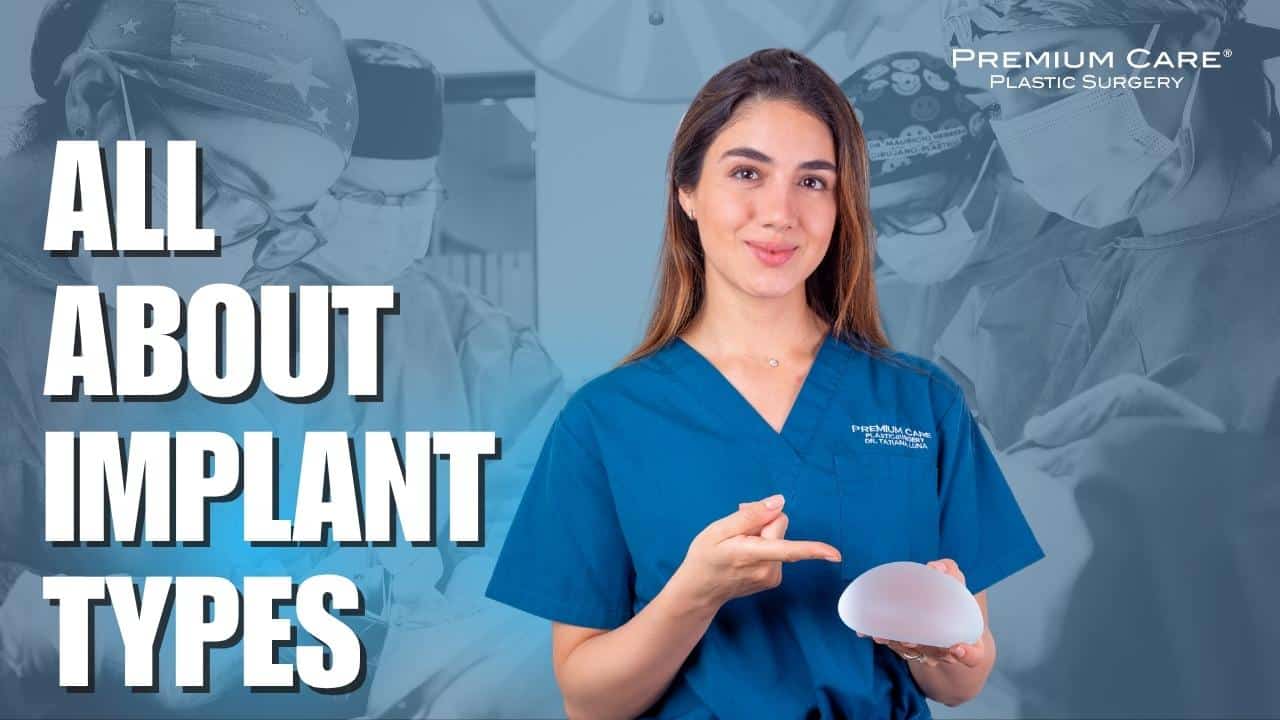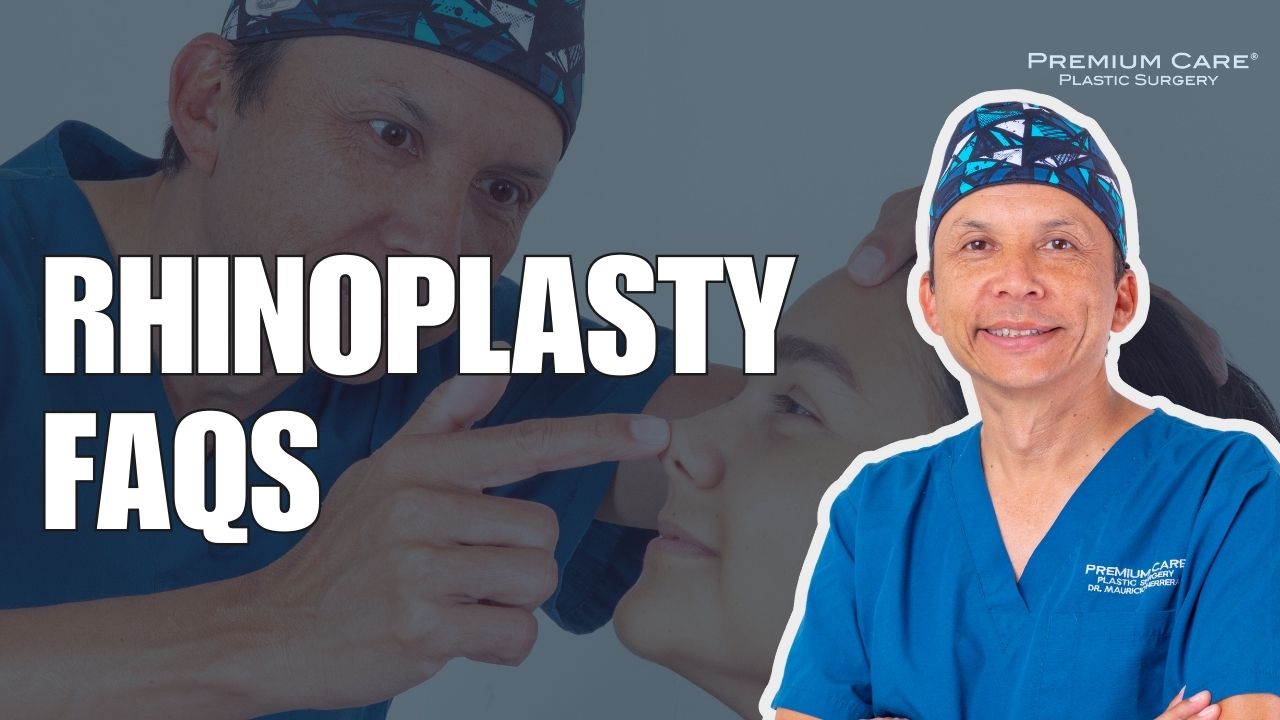Frequently Asked Questions About Anesthesia at Premium Care Plastic Surgery
Frequently Asked Questions About Anesthesia at Premium Care Plastic Surgery
When planning for plastic surgery, it’s natural to have questions—especially about anesthesia. At Premium Care Plastic Surgery in Cartagena, Colombia, your safety and comfort are our top priorities. Whether you’re considering a mommy makeover, facelift, or tummy tuck, understanding how anesthesia works can give you peace of mind and help you prepare for your procedure with confidence.
In this guide, we answer the most frequently asked questions about anesthesia for plastic surgery—from safety concerns to what you can expect before and after your procedure.
Is Anesthesia Safe for Plastic Surgery?
Yes. When performed by experienced professionals in a fully accredited surgical facility like ours, anesthesia is very safe. At Premium Care, we use the latest technology and proven protocols to monitor every function of your body throughout the procedure.
🩺 Anesthesia is administered by board-certified anesthesiologists with specialized training in outpatient cosmetic surgery and intensive care medicine. This ensures that even complex cases are managed with hospital-level safety in a private, comfortable setting.
Why Is General Anesthesia Considered Safe?
General anesthesia today is safer than ever. We use modern medications that are short-acting, precisely dosed, and constantly monitored. Your vital signs—including heart rate, oxygen levels, breathing, and brain activity—are tracked throughout your surgery.
Our anesthesiologists are highly trained in both cosmetic surgery and intensive care, ensuring that you remain unconscious, pain-free, and fully stable from start to finish.
What Types of Anesthesia Are Used?
- General Anesthesia – Full sleep for surgeries like facelifts, tummy tucks, and body contouring
- IV Sedation (Twilight Anesthesia) – Light sedation for less invasive procedures
- Local Anesthesia with Sedation – Used for small-area surgeries such as skin excisions or minor revisions
Will I wake up during Anesthesia — Is That Normal?
No, it is extremely rare to wake up during surgery under general anesthesia. If you felt brief awareness or grogginess, it likely occurred during emergence—the phase when you are waking up at the end of surgery.
Our anesthesia team uses continuous monitoring and titrated medications to ensure you remain fully asleep and unaware throughout the entire procedure.
How Long Does Anesthesia Stay in Your System?
You’ll begin to recover from anesthesia within 1–2 hours. Some residual effects like drowsiness, grogginess, or a dry throat may last a few hours. For most people, the body fully clears anesthesia drugs within 24 hours.
What Are Common Side Effects?
Mild and temporary side effects after anesthesia may include:
- Sleepiness or fatigue
- Nausea
- Dizziness
- Sore throat (from breathing tube)
- Chills or shivering
Our clinical team will monitor and treat these symptoms to keep you comfortable during recovery.
When Can I Eat or Drink After Surgery?
You’ll start with sips of water within 1–2 hours post-op. Once you’re fully awake and your stomach is settled, we’ll introduce light foods like crackers or soup. Most patients resume a light diet later the same day and return to normal meals by the next day.
Avoid alcohol, caffeine, and heavy or greasy meals for at least 24 hours after anesthesia.
Who Takes Care of Me in the Recovery Area?
After surgery, you’ll be moved to our Post-Anesthesia Care Unit (PACU) where your personalized recovery begins. Your care team includes:
- Your anesthesiologist, who monitors your vital signs and ensures you wake up safely
- Your plastic surgeon, who checks your surgical outcome and overall condition
- Our trained medical doctors and recovery nurses, who assist with pain management, nausea, hydration, and comfort
You’re never alone—your recovery is guided minute by minute by our expert team, ensuring a smooth, safe, and supportive transition from surgery to rest.
How Should I Prepare for Anesthesia?
- Do not eat or drink after midnight before surgery
- Inform us of all medications, allergies, and medical conditions
- Stop smoking at least 2 weeks before your procedure
- Arrange a companion to accompany you home
Can I Have Anesthesia with a Medical Condition?
Yes. We routinely care for patients with diabetes, asthma, high blood pressure, or previous surgical complications. We’ll evaluate your full medical history and order any necessary tests to ensure anesthesia is tailored to you and completely safe.
Will I Have a Breathing Tube During Surgery?
Yes, for most surgeries involving general anesthesia, we use a breathing tube to safely manage your airway while you’re asleep. This is done after you are fully sedated and removed before you wake up. You may feel a mild sore throat afterward, which usually resolves within a day.
Will I Feel Pain During Surgery?
No. With general anesthesia or IV sedation, you will not feel any pain during the procedure. Your anesthesiologist carefully monitors your depth of anesthesia and adjusts medications to ensure complete comfort. After surgery, we use a combination of medications to control pain during recovery.
What If I’m Afraid of Anesthesia?
It’s very common to feel nervous about anesthesia, especially if it’s your first surgery. Our anesthesiologists will speak with you before surgery to explain what to expect and answer your questions. We also offer mild medication (like oral anxiolytics) before your procedure to help you relax.
What Medications Should I Stop Before Surgery?
You will receive a personalized pre-op checklist, but in general, you may need to stop:
- Blood thinners (aspirin, warfarin, ibuprofen, etc.)
- Supplements (such as vitamin E, ginkgo biloba, or turmeric)
- Diabetes or blood pressure meds (depending on the timing and type)
Never stop a medication without speaking to your doctor or our team first.
How Do You Monitor Me During Surgery?
During surgery, we use advanced monitoring equipment to track:
- Heart rate and rhythm
- Blood pressure
- Oxygen levels
- Carbon dioxide output
- Temperature
- Anesthesia depth (when needed)
Your anesthesiologist remains in the room the entire time to ensure everything stays within safe, optimal limits.
How Long Will I Stay in Recovery After Surgery?
Most patients stay in our Post-Anesthesia Care Unit (PACU) for 1 to 2 hours after surgery. You’ll be monitored by your anesthesiologist, your surgeon, and our recovery nurses until you’re fully awake, stable, and ready to be transferred to your luxury recovery suite or discharged, depending on your procedure.
What’s the Difference Between General Anesthesia and IV Sedation?
- General Anesthesia: You are completely unconscious and unaware of the procedure. A breathing tube and airway support are used.
- IV Sedation (Twilight Sedation): You are deeply relaxed or lightly asleep, but can breathe on your own. Often used for shorter or less invasive procedures.
Your doctor will help determine which is best for your comfort and safety.
Can I Have Multiple Procedures Under One Anesthesia?
Yes. Many patients choose to combine procedures—such as a tummy tuck with liposuction or a facelift with eyelid surgery—to save recovery time and cost. Our surgical and anesthesia teams are highly experienced in managing combination surgeries safely and efficiently.
What Happens If I Have Nausea After Surgery?
Post-operative nausea is relatively common but usually mild. We administer anti-nausea medications during and after surgery to prevent this. If you feel nauseated, our nursing team will treat your symptoms immediately.
What If I Have Sleep Apnea or Breathing Issues?
If you have sleep apnea, asthma, or another respiratory issue, please tell us during your consultation. We will take special precautions during your anesthesia plan, including potential pre-op testing and enhanced airway management.
Can I Fly After Anesthesia and Surgery?
Most patients can fly safely 7–10 days after surgery, depending on the procedure and how you’re recovering. Our team will give you clearance and travel tips before your departure.
Why Choose Premium Care for Surgery and Anesthesia?
With over a decade of experience caring for thousands of international patients, Premium Care Plastic Surgery combines:
- Board-certified anesthesiologists and plastic surgeons
- Accredited surgical suites and recovery units
- U.S.-level safety standards
- Personalized, compassionate care
From pre-op to post-op, your safety and comfort are always our top priorities.

👩⚕️ Still Have Questions?
We’re here to help. Contact Premium Care Plastic Surgery to speak with a patient coordinator and learn more about our anesthesia protocols, surgical procedures, and patient care experience.
📍 Cartagena, Colombia
📧 [email protected]
📱 WhatsApp: +57 312 545 5569
📞 U.S. Line: +1 (305) 848-1909





